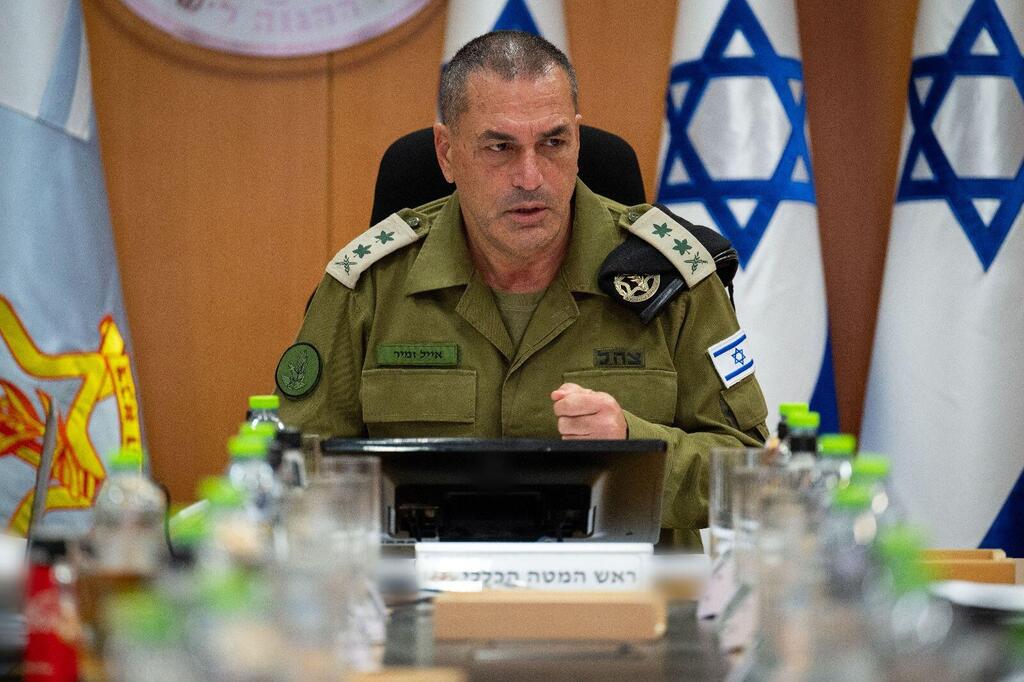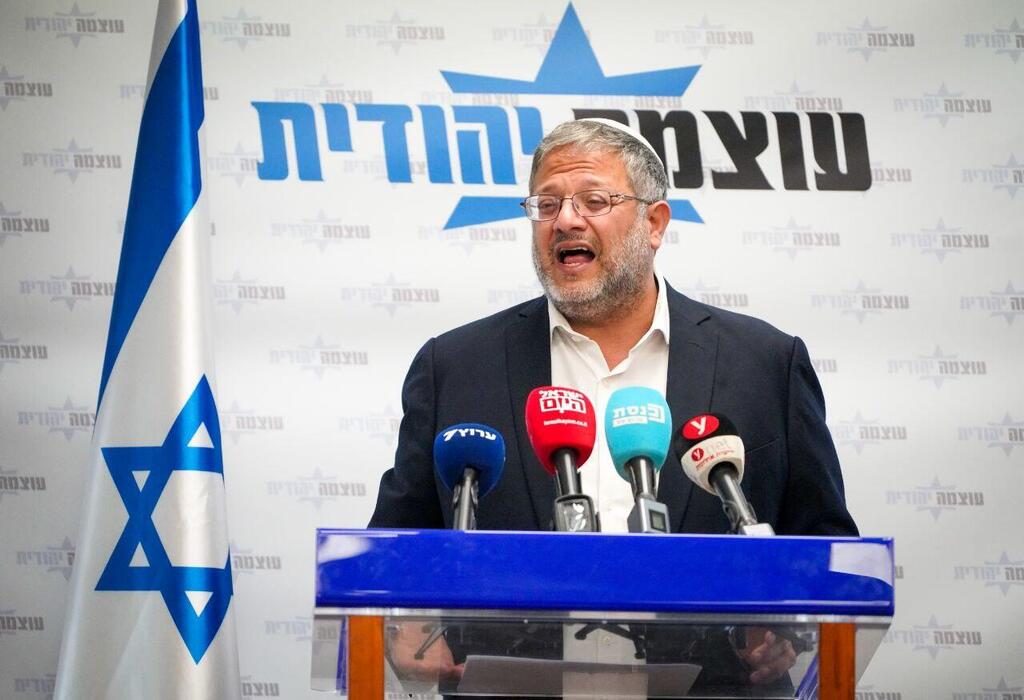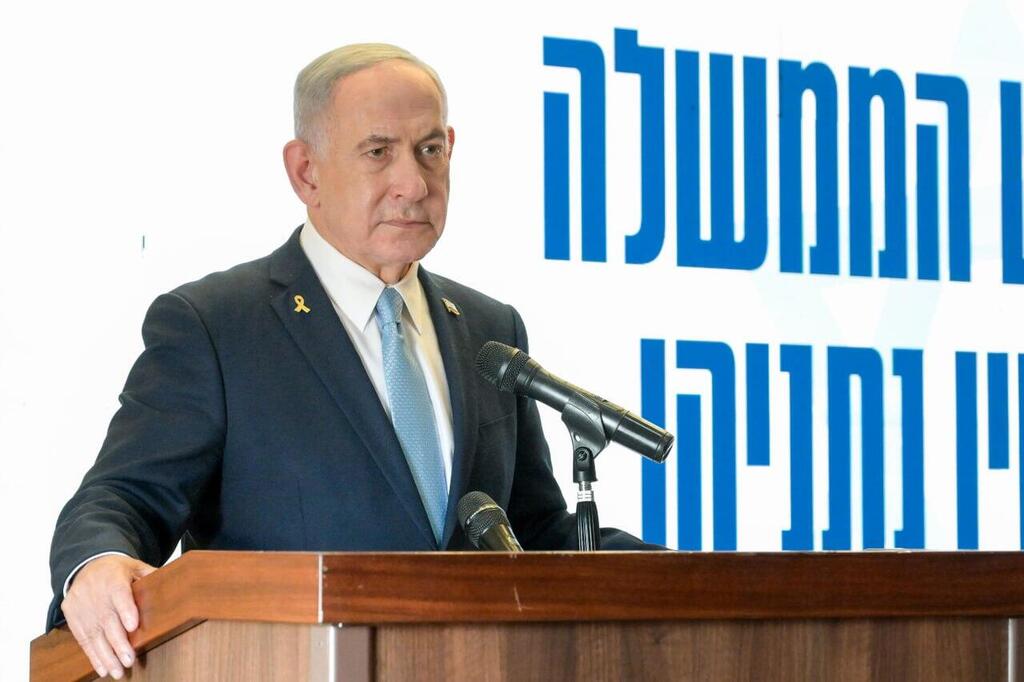After a marathon overnight meeting, the Security Cabinet voted early Friday to approve a plan for a full takeover of Gaza City, overriding strong objections from the military chief of staff and warnings raised during the hours-long debate.
The session, which began Thursday evening, exposed sharp divisions between Prime Minister Benjamin Netanyahu and Lt. Gen. Eyal Zamir, who argued for an alternative encirclement plan. Several ministers also clashed openly with Zamir over his stance.
In a statement released just before 5 a.m., Netanyahu’s office said the Cabinet had approved his proposal to “decisively defeat Hamas,” with the IDF preparing to seize control of Gaza City while providing humanitarian aid to civilians outside combat zones.
The Cabinet adopted what officials called “five principles to end the war”: disarming Hamas, securing the return of all hostages—alive and deceased—demilitarizing the territory, maintaining Israeli security control in Gaza and establishing an alternative civilian administration that is neither Hamas nor the Palestinian Authority.
According to the statement, most ministers rejected Zamir’s encirclement plan, arguing it would not bring about Hamas’ defeat or the hostages’ return. Under the approved plan, evacuation of Gaza City’s civilian population is to be completed by Oct. 7, described as a “symbolic date,” after which a siege would be imposed on remaining Hamas fighters. Netanyahu and Defense Minister Israel Katz were authorized to give final approval to the IDF’s operational plan.
Although the official decision avoids the term “occupation,” using the word “takeover” instead for legal reasons linked to civilian responsibility, a senior Israeli official acknowledged the intent is effectively to occupy Gaza. The operation is to proceed in stages, beginning with the takeover of Gaza City, but could halt if a hostage deal is reached.
Finance Minister Bezalel Smotrich opposed the move because it did not explicitly bar stopping the fighting for a hostage deal, and joined National Security Minister Itamar Ben-Gvir in objecting to large-scale humanitarian aid deliveries to Gaza. Smotrich argued that if the military does not intend to go “all the way,” Zamir’s plan was preferable.
Zamir was the most forceful opponent in the room, warning of the humanitarian and operational consequences of displacing about 1 million Gazans and the potential danger to hostages. In a heated exchange with Ben-Gvir, Zamir said, “There is no humanitarian answer for a million people we will transfer. Everything will be complicated,” adding sarcastically to ministers: “I suggest you remove the return of the hostages from the war’s objectives.”
Ben-Gvir lashed out at Zamir, saying, “Stop talking to the media. We want victory. We all care about the hostages, but we also care about the soldiers and fighters who demand a victory. The military keeps briefing reporters. You are subordinate to the political echelon. Learn from the police how to follow the decisions of the political leadership.”
Smotrich added, “We must talk about victory. If we agree to a temporary deal, it’s a defeat. We must not stop midway. Hamas must pay a price for what they did.”
Transportation Minister Miri Regev backed him: “We must decisively defeat Hamas.” Minister Ze’ev Elkin said, “The army is proposing a plan to end the fighting. That’s counterterrorism, like in the West Bank—not war.”
While the Cabinet approved sending additional aid to Gaza, the decision did not include the proposed “humanitarian city” as a temporary solution for Gazans. Briefings during the meeting said the U.S. supports an Israeli takeover of the enclave and is expected to soon unveil principles for ending the war and a large-scale aid plan it will lead, including up to 16 food distribution centers.
In the meeting, which began Thursday evening, Zamir reiterated his preference for siege tactics and presented the achievements of the ongoing Operation Gideon’s Chariots. Netanyahu countered that the current method had failed and had not resulted in the release of hostages. “I don’t want to preserve Hamas. I want to defeat it,” Netanyahu said, despite military warnings and concerns from hostage families that his plan could endanger those still in captivity, now for 671 days.
The chief of staff told the Cabinet that occupying Gaza would endanger the hostages’ lives, and that once forces entered sensitive areas, there would be no way to ensure they were not harmed. Zamir also warned that an occupation would severely wear down the forces.
Ministers present confronted him over the results of Operations Gideon’s Chariots, which they had ordered. They argued the operation had failed to meet its goals; Zamir insisted it had achieved significant gains and created conditions for a hostage release deal, which had not materialized.
A large majority of Cabinet ministers backed the position Netanyahu had already chosen before the meeting, and were not swayed by Zamir’s arguments against occupying Gaza.
The only one pressing throughout the discussion to heed Zamir’s position was Shas leader Aryeh Deri, who attended despite not being a minister, and whose party ministers resigned from the government only recently over disputes on drafting yeshiva students.
Negotiators in the meeting said mediators were sending messages that Hamas was softening and might soon agree to return to the table. Cabinet ministers on the other side argued this was a stalling tactic and that Israel must press ahead, avoiding what they called the trap set by mediators, who they said had repeatedly failed to get Hamas to accept a deal and only worked to spare it from a decisive Israeli military blow.
The operation will proceed in stages, beginning with Gaza City, Netanyahu told ministers, adding that his inclination is for the campaign to be reversible. “Even in an operation to seize the Strip, we can halt the fighting if Hamas agrees to accept Israel’s terms,” he said.
Ahead of the Cabinet session, Netanyahu gave a string of interviews to English-language outlets in an effort to defend his position, which has drawn sharp criticism in the West.
Hamas responded by accusing Netanyahu of “planning… an extension of his genocidal and displacement policies.” In a statement, the terrorist group said Netanyahu’s remarks “clearly expose the real motives behind his withdrawal from the last ceasefire round, despite our [sic] nearing a final agreement.”
“His plans to expand the aggression confirm beyond doubt that he seeks to abandon his own prisoners, sacrificing them to serve his personal interests and extremist ideological agenda,” the group added. “Gaza will remain defiant against occupation and all attempts to impose guardianship over it. Any expanding of aggression against our Palestinian people will not be a walk in the park—the occupation and its Nazi army will pay a heavy and costly price.”









